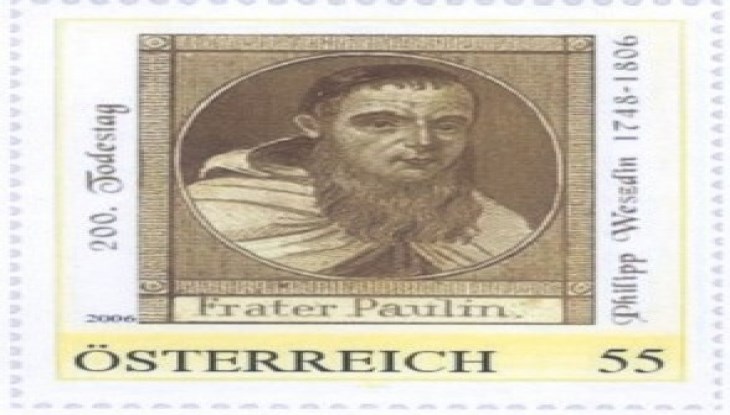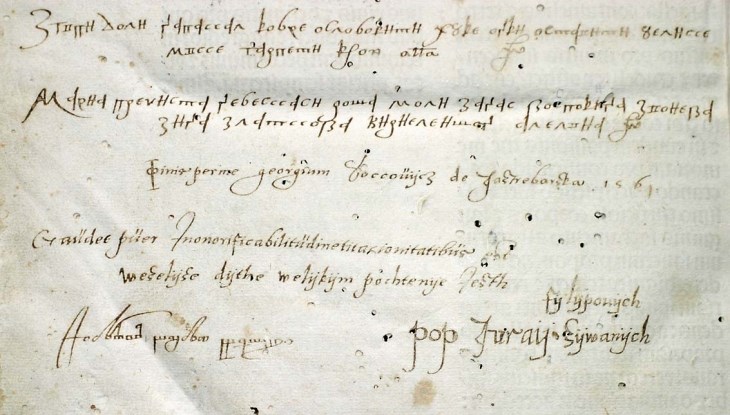The Croatian Minority in Austria
During the 16th century the ancestors of Burgenland Croats began to settle down, in the region which is today known as the Federal state of Burgenland and in the aftermath of WWII they began to settle down in Vienna. Numerous Croatian settlements are well-preserved, the largest of which are: Željezno (Eisenstadt), Gornja Pulja (Oberpullendorf) and Borta (Oberwart).
Burgenland Croat communities estimate that in the Republic of Austria the overall number of Burgenland Croats is around 50 000. According to the census of 2001 about 19,.374 people in Austria declared their mother tongue to be the Burgenland-Croatian. Croatian minority communities of Burgenland in Austria can be tentatively split up into two mutually well connected subgroups: Burgenland Croats in the Federal state of Burgenland (their estimated number is 35 000) and Burgenland Croats residing in Vienna ( estimated number is 15 000).
As stipulated by the Law on Minorities in Austria of 1976 Burgenland Croats were granted minority status, and they can exercise their minority rights exclusively in the area of the Federal state of Burgenland. The Austrian State Treaty of 1955, and particularly Article 7 of the Treaty, represent the foundation for the protection of minority rights of the Burgenland Croats and Carinthia Slovenes. Pursuant to Article 7, Austria is legally bound to meet specific standards in upholding the minority rights of Burgenland Croats and Carinthia Slovenes.
At the end of 1980s Burgenland Croats succeeded in their attempts to establish Croatian language (the Burgenland-Croatian) as an official language used in administrative bodies and in court. Regarding its public use, the Croatian language is used in the institutions of Croatian national minority and in their internal communication as well as in Croatian radio and TV programmes. The Republic of Croatia and the Republic of Austria have not concluded the bilateral agreement on the mutual protection of national minorities.
Based on the Law on Relationships between the Republic of Croatia and Croats Abroad (Zakon o odnosima Republike Hrvatske s Hrvatima izvan Republike Hrvatske), the Government of the Republic of Croatia adopted the Decision on Establishing and Appointing the Members of the Council of the Government of Croatia for Croats Abroad, which held its constituting session in July, 2022, where the representative of the Croatian minority in the Republic of Austria at the third Council convocation are Gabriela Novak-Karallandi Stanko Horvath.
There is a considerable number of institutions in the Republic of Austria representing the Burgenland Croats: Croatian Center in Vienna, Scientific Institute of Burgenland Croats in Trajštof, Croatian Cultural Society in Gradišće (Eisenstadt) and Burgenland-Croatian Cultural Society in Vienna whose activities involve a number of individuals. Burgenland Croats in the Republic of Austria have around 50 cultural institutions: folklore groups, amateur theater groups and others. A very special role is played by the Cultural Cooperative in Velki Borištof, called KUGA.
In some schools in the Republic of Austria classes are taught in Croatian. There is a Croatian bilingual primary school in Veliki Borištof, as well as a grammar school in Borta, while Croatian language classes are held in grammar schools in Gornja Pulja and Željezno. Burgeland Croats believe that there is no sufficient number of schools where the Croatian language can be studied which results in a decrease of language competence among members of younger generations.
There are kindergartens in Vienna and Burgenland where attempts are made to improve Croatian language competence. As of 2017/2018 academic year the Croatian language can be studied at the University College of Teacher Education Burgenland in Željezno. Croatian printing company in Željezno (Eisenstadt) publishes the weekly "Hrvatske novine," an annual calendar and other publications. The Croatian Cultural Documentation Center also prints school books for Croatian bilingual schools in Burgenland. The Croat minority communities in Burgenland have access to all kinds of the media: newspapers, radio and TV on the ORF channel as well as to private media.
Owing to great efforts made by Catholic Church Burgenland Croats succeeded in preserving their identity. Egidije Ivan Živković (Ägidius Johann Zsifkovics, in German) is an Austrian bishop and theologist belonging to the community of Burgerland Croats who stronly promotes Croatian identity.



